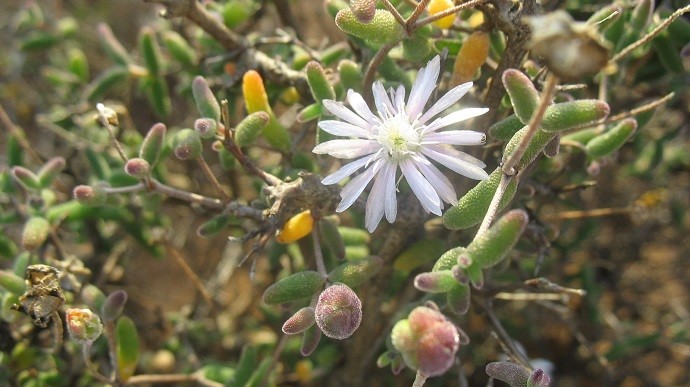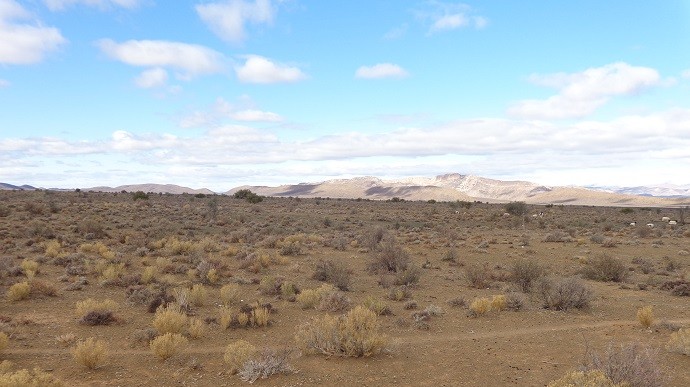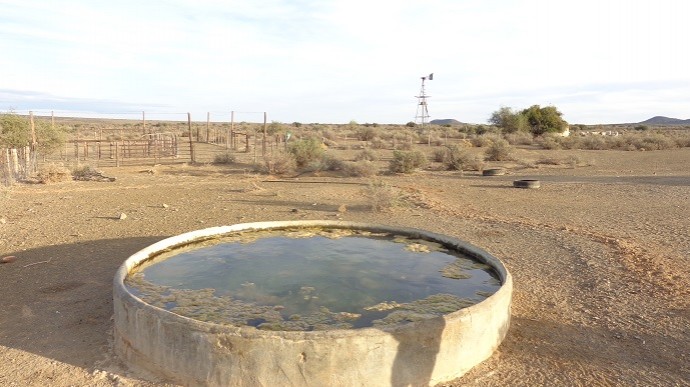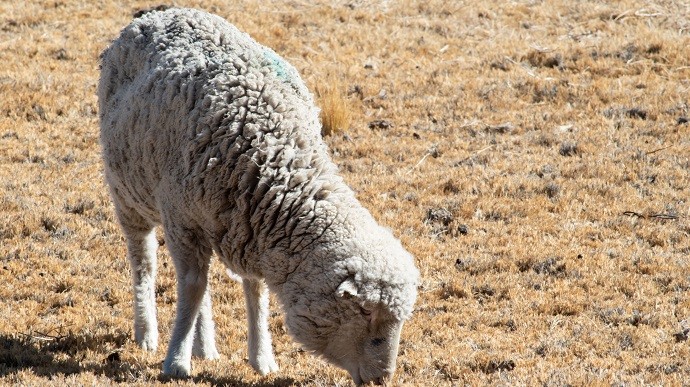
Professor Thulani Makhalanyane graduated from the University of the Western Cape with an MSc (cum laude) (2009) and a PhD (2013).
After completing his doctoral studies, he moved to the University of Pretoria (UP) where his research has focused almost entirely on understanding the ecology of microbial communities in extreme environments. These habitats include soil microbial communities in the Antarctic Dry Valleys, the Namib Desert and increasingly in South African regions such as the Southern Ocean.
In 2014, after a period as a postdoctoral fellow, Prof Makhalanyane was appointed as a lecturer before being promoted to associate professor in 2019. He holds the DSI/NRF SARChI Chair in Marine Microbiomics and continues to undertake research at UP. He supervises 14 postgraduate students at master’s and doctorate levels.
Prof Makhalanyane has generated over 60 publications since 2012 (H index 25), and his work has been presented at several international meetings, including the International Symposium on Microbial Ecology. He serves on national and international panels, representing South Africa in bilateral discussions. He also serves on several editorial boards and is senior editor at three journals: the ISME Journal, mSystems and Communications Biology.
Prof Makhalanyane was elected to the board of the ISME Society in October 2018 and is a member of the Executive Advisory Board. He is a Fulbright Scholar and has received several awards, including the TW-Kambule-NSTF Award (Emerging Researcher), and was given a prestigious NRF P rating.
 Story
Story
The University of Pretoria (UP) has been part of a groundbreaking international study to understand how plants found in drylands have adapted to these extreme habitats. The results of this large-scale study, which involved 120 scientists from 27 countries, were recently published in scientific journal Nature and have significant implications for protecting biodiversity as the planet warms and...
 Gallery
Gallery
UP researchers contributed datasets from South African drylands, with sampling being carried out in the vicinities of Graaff Reinet and Prince Albert in the central Karoo, and around Lichtenburg in the North-West province. These sites provided unique data as South Africa’s drylands are particularly rich in plant species compared with many of the other sites included in the study.
 Podcast
Podcast
Listen to the Nature podcast where a round up of the UP and partners study is mentioned explaining what happens when environments get more dry and plant species numbers drop, but the number of traits increase and the global significance of this research.
 Lecture
Lecture
Microbes (bacteria, archaea, fungi, and viruses) are the most diverse and numerically abundant entities on our planet. However, we know surprisingly little regarding the vast microbial universe within and beyond us. The past two decades of sequencing-enabled research have revealed remarkable insights regarding the diversity and functional attributes of microbial communities, yet we lack...
 Story
Story
Two University of Pretoria scientists have contributed to the first-ever global field assessment of the ecological impacts of grazing in drylands.
 Story
Story
Global warming is causing climate patterns to change – think higher temperatures and decreased rainfall. In fact, climatic models suggest that temperatures may rise by between 0.3°C and 4.8°C!
Copyright © University of Pretoria 2025. All rights reserved.
Get Social With Us
Download the UP Mobile App